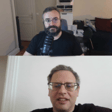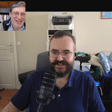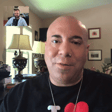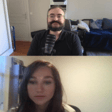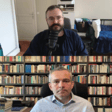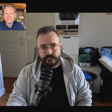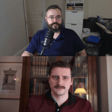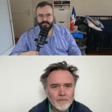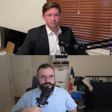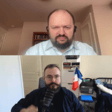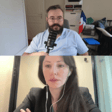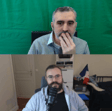
Ep 10 - Ernst Van Zyl, AfriForum - South Africa's New Expropriation Law And What It Means
On this week's episode of the Sphere Podcast, Pascal-Emmanuel Gobry, Publisher of Sphere Media, interviews Ernst Van Zyl, who, in addition to being head of public relations for AfriForum, the biggest civil-rights organization in Africa, is a well-known blogger and YouTuber under the name "Conscious Caracal." Ernst and Pascal-Emmanuel discuss the expropriation law that was recently passed in South Africa and what it means for the future of the Afrikaner community there.
Subscribe to the PolicySphere Morning Briefing: https://policysphere.com/subscribe
Donate to AfriForum: https://friendsofafriforum.com/donations/
Follow Ernst on X: https://x.com/ConCaracal
Ernst's channel: https://www.youtube.com/c/ConsciousCaracal
Subscribe to the Sphere Podcast on Apple Podcasts: https://podcasts.apple.com/us/podcast/sphere-podcast/id1780831168
Subscribe to the Sphere Podcast on Spotify: https://open.spotify.com/show/48eWEcxSYDyrgjC3lO0EJZ
Subscribe to the Sphere Podcast on YouTube: https://www.youtube.com/channel/UCB2gs2TBXeP7vyn9QUaaxjQ
